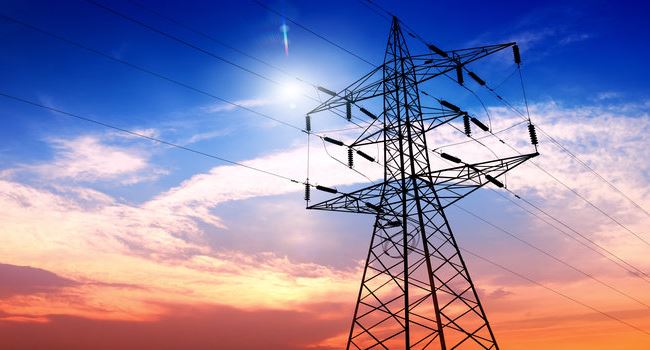“Mummy, I couldn’t finish my homework because there was no light,” Amina tells her mother, frustrated. Meanwhile, across town, Zainab posts her tenth TikTok of the day. These two students live just kilometers apart in the same city, but their worlds couldn’t be more different. Welcome to Nigeria, where energy poverty splits lives as sharply as a lightning bolt.
Energy poverty isn’t just a government issue—it’s a daily struggle for millions. The country’s electricity system divides neighborhoods into “bands,” with Band A areas paying high rates for better service. Bands B to E pay less but often receive little to no power. This system sounds fair on paper but leaves many communities in constant darkness.
The phrase “Two Nations Under One Grid” perfectly describes this gap. The band system has created unfair access to electricity, leaving poorer areas struggling. This deepens inequality, making it harder for low-income families to improve their lives. What should be a shared resource has become a privilege for the few.
Mr. Ibrahim lives in Band D, where his children study under a weak battery lamp. Meanwhile, his neighbor’s generator hums loudly, keeping their home brightly lit. His electricity bill promises 12 hours of power daily, but the reality is far worse. Even though he pays lower rates, he still pays for power he doesn’t receive.
This issue affects more than just households—it impacts everyday life. People in Band A enjoy stable electricity, while others face blackouts that last days. Some students attend online classes smoothly, while others miss lessons due to power cuts. Where you live determines your power band, and your power band often shapes your opportunities.
The effects of this imbalance are serious. Businesses in low-power areas struggle, leading to job losses and a weak economy. Schools can’t provide a good learning environment without steady electricity. Hospitals also suffer, sometimes performing life-saving operations under torchlight.
The impact on healthcare is especially worrying. Public hospitals in lower bands lack steady electricity, putting lives at risk. Meanwhile, private hospitals in Band A hardly experience power failure. In Nigeria, whether you survive an emergency can depend on your neighborhood’s power supply.
The economic loss from this power crisis is shocking. Nigeria loses about ₦181.2 billion ($116.9 million) every single day due to poor electricity, totaling nearly ₦66.2 trillion ($42.7 billion) annually. This loss comes from businesses shutting down, people spending billions on generator fuel, and industries struggling to function. Instead of creating jobs and improving the country, Nigerians are forced to spend their money just to keep the lights on.
Government officials often promise new power projects and solutions. They praise the band system as fair, but the reality is different. Funds meant to improve power services disappear without a trace. Meanwhile, generators continue running in Band A while the rest of the country remains in darkness.
Investors who want to solve Nigeria’s energy crisis face endless roadblocks. The band system is used as an excuse for slow progress. Those in power benefit from keeping millions in darkness. It’s a system that rewards corruption while punishing ordinary people.
But Nigerians are no longer accepting this unfair system. Communities are working together to create their own power solutions. Young entrepreneurs are developing solar energy systems that work no matter which band you are in. Social media is exposing how the band system keeps people trapped in poverty.
The solution is clear, but action is lacking. First, the government must fix the band system to ensure fair electricity distribution. Second, power infrastructure must be improved to serve all communities, not just the wealthy. Third, there must be accountability to ensure people receive the power they pay for.
Nigeria has enough resources to provide electricity for every home, school, and hospital 24/7. Corruption and poor management keep the country from achieving this. Until honest leadership takes charge, millions will remain in energy poverty. Yet, they will still be forced to pay for a service they barely receive.
Nigeria’s future is too bright to stay in darkness. Every child deserves to study without worrying about power cuts. Every business should grow without spending fortunes on generators. Every family should get the electricity they pay for.
The path to ending energy poverty is clear, but it requires real change. The government must stop favoring certain areas while ignoring others. Building electricity infrastructure in underserved areas must be a top priority. Nigeria needs leaders who care about people, not just profits, and a system that delivers power as reliably as it collects payments.
AUTHORS: Abidemi Adebamiwa and Titus Olowokere
Articles published in our Graffiti section are strictly the opinion of the writers and do not represent the views of Ripples Nigeria or its editorial stand.

